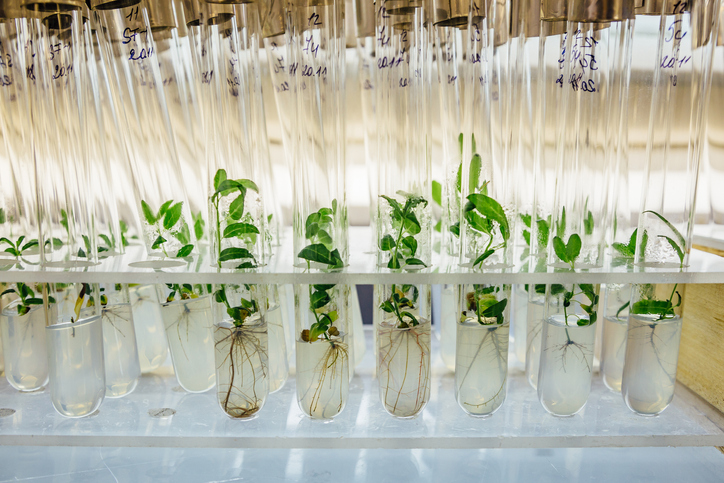
California’s Central Valley is no stranger to modern agricultural methods. This major agricultural region of the United States boasts of fertile soil and long growing seasons. The changing climate and environmental shifts, however, make it hard for farmers to predict the ideal time for planting.
To resolve this issue, alternative growing practices becoming more common. Plant nurseries, in particular, are a popular alternative for propagating, nurturing, and growing a wide variety of plants. These virtually mitigate the hassle of looking at the skies and weather forecasts before sowing seeds or harvesting crops.
Taking the helm of agricultural science and technology in Central Valley is Duarte Nursery. This facility in Hughson is the largest permanent crops nursery in the country. It has revolutionized the production of commercial grapevine and nut trees, among many other breakthroughs.
How it all began
The family-owned and operated Duarte Nursery was started by Jim Duarte, a man who specializes in viticulture – the study of winemaking. After his endeavors in a farm labor company in the early 60s, he shifted gears and went to work on plant nurseries in the 70s.
The success of his nursery can be attributed to Dr. Austin Goheen, a USDA plant pathologist who created a heat-treatment method for propagating vines. During that time, the industry was faced with grapevine viruses that wreaked havoc on crops. But this new heat-treatment method kept the viruses at bay, preventing these from reaching the tip of the plant and allowing successful propagation.
Using Dr. Goheen’s innovative method, Duarte was able to propagate disease-free grapevines in plastic containers in his nursery.
In addition to grapevines, the 200-acre Duarte Nursery now also grows almonds, pistachios, walnuts, hemp, and poinsettias.
Revolutionary plant-growing processes
Duarte Nursery uses two methods for producing clean, high-quality crops that thrive in any season: containerized growing and clonal rootstocks. It also has its own agricultural research laboratory.
- Containerized growing
Plants are grown until their root system becomes completely intact, not even once touching the earth where they could contract disease-causing pathogens and nematodes present in the soil. These can also be easily transported anywhere and are not dependent on seasonal, weather, or soil conditions for them to grow.
- Clonal rootstock
A mother tree with the best traits like high-salt tolerance and resistance to crop diseases is selected. From its rootstock, several identical plants possessing these best traits are cloned and made to reproduce.
- Research laboratory
The focus of the Duarte Research Lab is to cultivate the best crops with carefully selected properties via several methods, the most groundbreaking of which is micro propagation. They also continue to study how to eliminate plant viruses and how to choose the most viable rootstocks for propagation through in.
Impact on Central Valley
A great number of the Central Valley’s farmers have facilities like the Duarte Nursery to thank for a vibrant agricultural industry. Plants produced by this nursery make three times the increased harvest compared to before.
The nursery has also made a huge impact on the winemaking industry in California. When before, farmers had to deal with the high demand for wine and dead cuttings from their grapevines, Duarte Nursery’s potted-vines method now ensures both higher output and quality of these grapevines all year round.
Learn more about California’s Central Valley and what it has to offer! Get in touch with Soldavi Realty, the number one Realtors in Atwater, CA,at 209.975.7653 or send an email to info(at)soldavi(dotted)com
